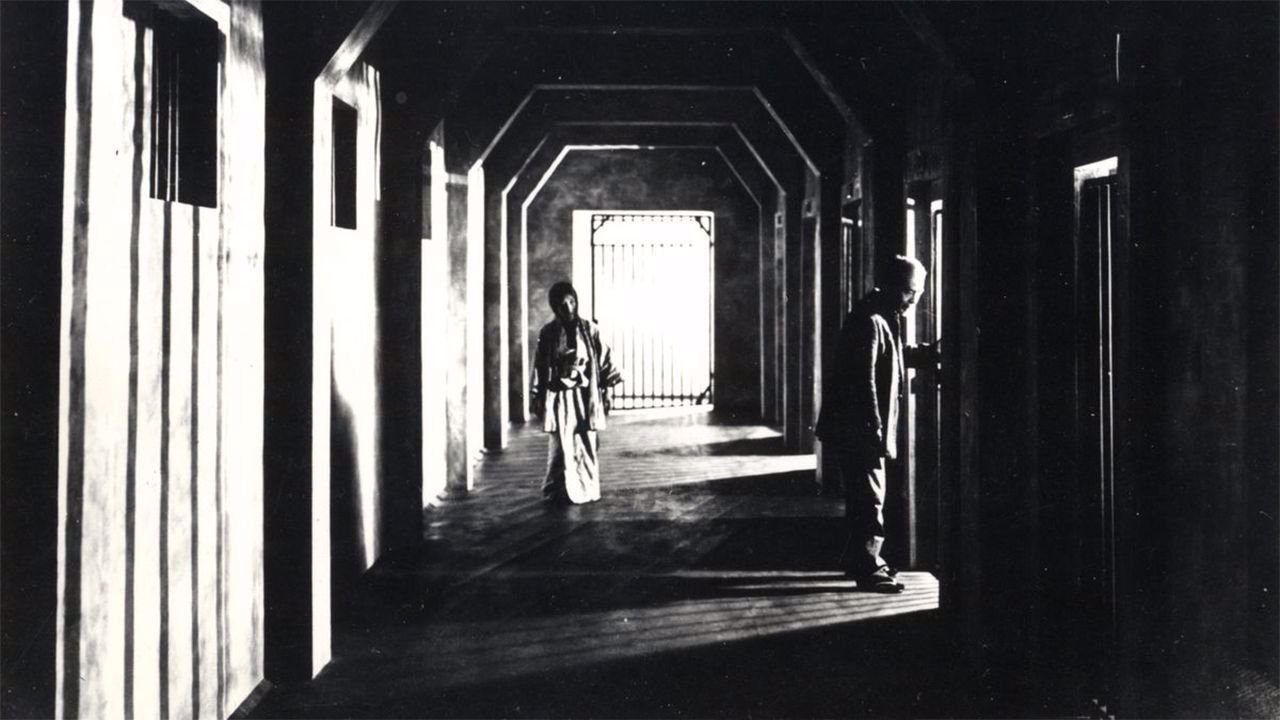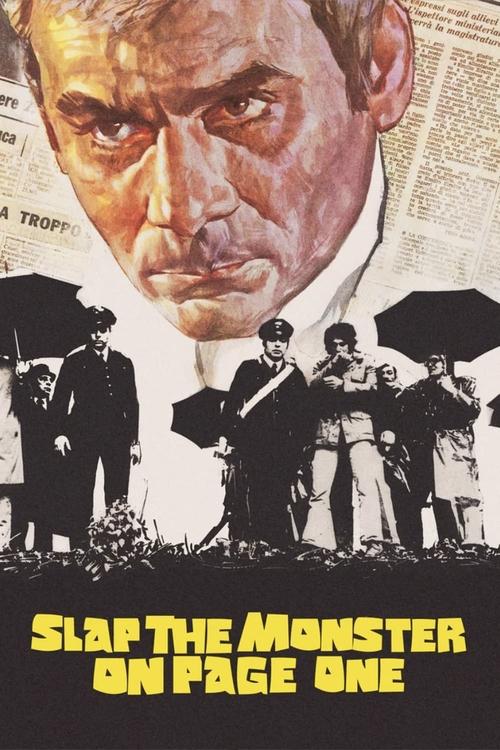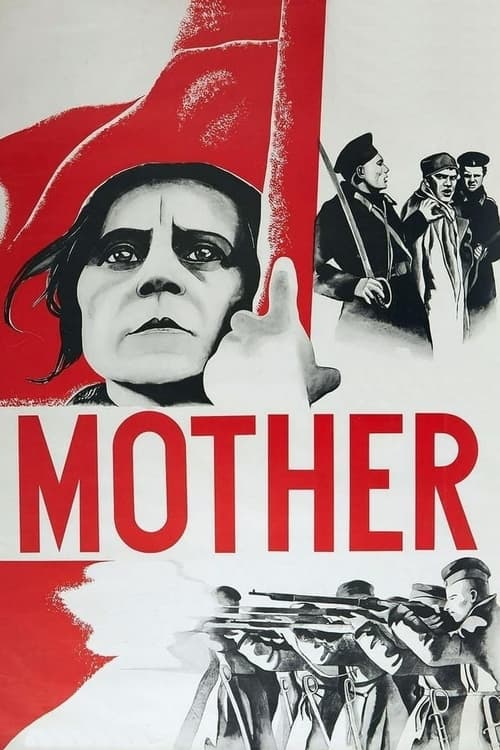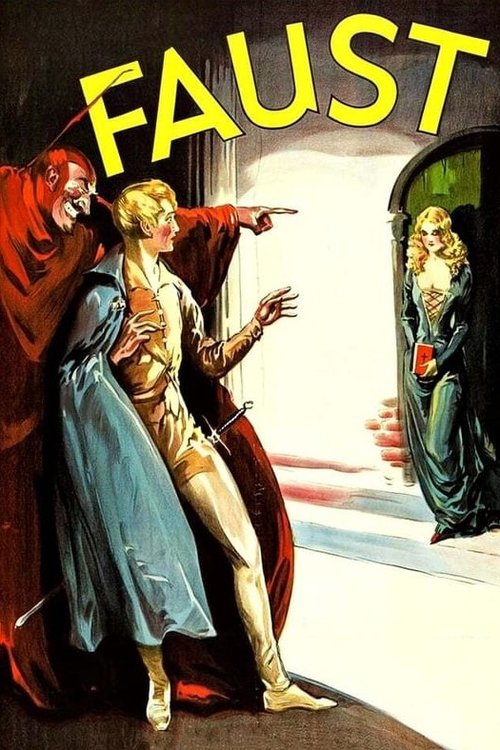
1926
A Page of Madness
Horror, Drama
8.0
User Score
164 Votes
Status
Released
Language
ja
Budget
$0
Production
Shin Kankaku-ha Eiga Renmei Productions, Kinugasa Productions, National Film Art
Overview
A man takes a job at an asylum with hopes of freeing his imprisoned wife.
Review
Otokichi786
6.0
"Kurutta "Ippeiji" is notable for several reasons.
First, it is one of the few Japanese silent movies of the 1920's to survive.
Second, unlike most silent films, it lacks intertitles/title/dialog cards because a narrator, who also acted out lines and situations is/was to be present in a Kabuki-style setting.
Third, It's a low budget, avant garde movie where the cast is "doing a Roger Corman"; serving as production crew members between takes.
The story: The husband of an asylum inmate has taken the job of janitor to watch over her. She dances on the stage of her mind, oblivious to the staff or other inmates. One day, a formally dressed young woman visits the asylum for the insane to invite her mother to the wedding. She is shocked to see her father is working as a janitor, then dismayed to find her mother living in squalor. She leaves, though her father plots to get his wife out for the wedding. Life goes on, as the inmates parade across the asylum grounds, work on booklets, or wander the corridors.
The discordant soundtrack mirrors the inmates' state of mind, while disparate images flow by.
Double exposures, graphic elements, distorted reflections, and quick cuts announce that this is a High Art film. I found this no-context-at-all silent movie hard to follow, but still interesting. 8/10
Read More 
griggs79
8.0
_A Page of Madness_ is silent, surreal, and visually arresting — a descent into something far murkier than mere madness. The asylum pulses with unease; inmates convulse in what appears to be seizures, captured through a lens that mistakes illness for delirium, reflecting a time when epilepsy and mental illness were indistinguishable. What unfolds is a profound exploration of madness and regret, less like a narrative and more like a disturbed memory — fractured, guilt-ridden, soaked in sorrow. There are no intertitles to guide you, no dialogue to hold onto — just disjointed, nightmarish imagery that loops and folds in on itself. Time feels broken. Reality slips. You’re left to wander a labyrinth of regret where nothing is certain, and everything aches. It’s the kind of film that doesn’t just unsettle — it possesses. Strange, tragic, and hypnotically beautiful in its disquiet, it burrows under your skin.
Read More 



